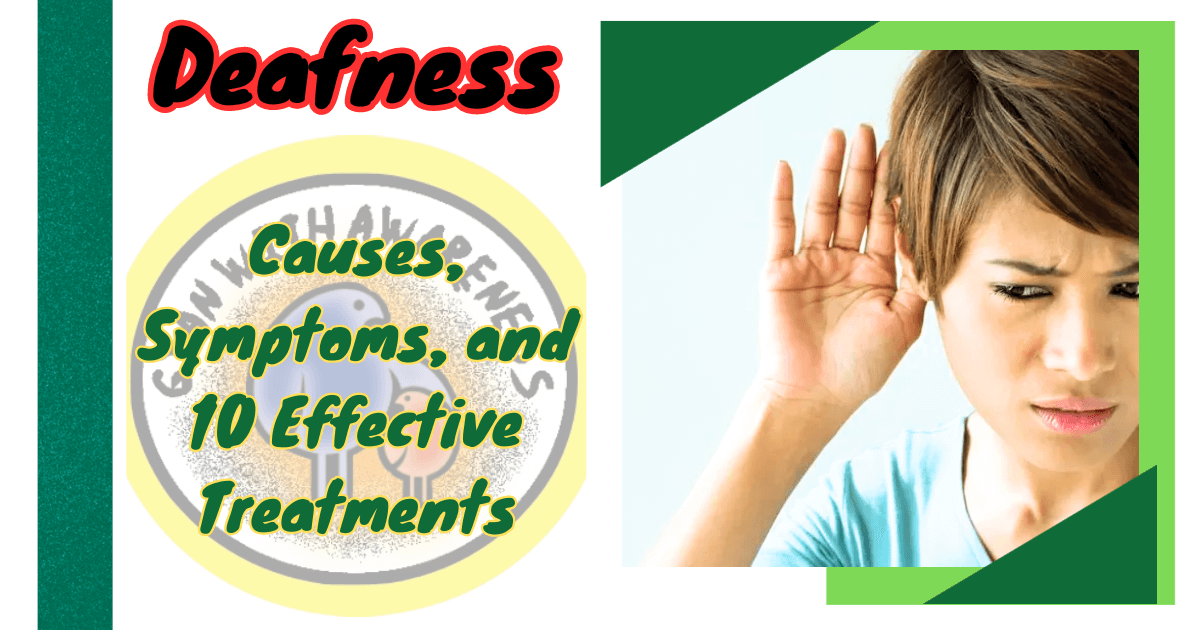Rahul Gandhi, In a significant development, the Gujarat High Court has delivered its verdict regarding Congress leader Rahul Gandhi’s plea seeking a stay on his conviction in a criminal defamation case related to his Modi surname remark. The court not only acknowledged the presence of ten more criminal defamation complaints against Gandhi but also emphasized that the session court’s order did not necessitate any intervention in the matter.
This ruling holds immense implications for Gandhi’s legal battle and raises pertinent questions about the defamation charges he faces.

Gujarat High Court Dismisses Rahul Gandhi’s Plea for Stay on Conviction in Defamation Case
In a significant development, the Gujarat High Court has rejected the plea filed by Congress leader Rahul Gandhi, seeking a stay on his conviction in a criminal defamation case that resulted in a two-year prison sentence. Justice Hemant Prachchhak, while delivering the verdict, affirmed the validity of the sessions court’s previous decision to deny the stay on Gandhi’s conviction.
Highlighting that granting stays is an exception rather than the norm, the court determined that Gandhi would not face any injustice if his conviction remained unaffected. However, the court emphasized the importance of expeditiously resolving the criminal appeal based on its own merits.
Furthermore, the court took note of the fact that Gandhi is currently entangled in nearly ten criminal cases, including a criminal defamation lawsuit filed by VD Savarkar’s grandson. This consideration adds an additional layer of complexity to Gandhi’s legal predicament.
The Gujarat High Court concluded the hearings on Rahul Gandhi’s petition against his conviction, with the final arguments concluding on May 2. Following the verdict, K C Venugopal, the general secretary of the All India Congress Council (AICC), announced that the party would challenge the Gujarat High Court’s decision by approaching the Supreme Court.
During the hearings, senior advocate Abhishek Manu Singhvi, representing Gandhi, had argued for a stay on the conviction. Singhvi expressed concerns that if the court denied Gandhi’s plea, it would essentially redefine the scope of Section 389 of the Criminal Procedure Code (CrPC). Additionally, Singhvi contended that the trial was tainted and that the conviction did not constitute an offense of moral turpitude or a serious offense, as defined by previous judicial rulings. He further highlighted the irreversible consequences that would arise from the conviction, including the potential impact on Gandhi’s re-election to his seat.
When asked about his apprehensions before the court’s verdict, DK Shivakumar, the Deputy Chief Minister of Karnataka and a senior Congress leader, stated that he would comment only after the verdict was pronounced. Shivakumar expressed concern over a perceived conspiracy against their leader and emphasized that they were eagerly awaiting the Gujarat High Court’s decision.
On March 23, Gandhi was convicted and sentenced to two years of simple imprisonment by a Surat magistrate court in a criminal defamation case filed by Surat West MLA Purnesh Modi. The case was related to Gandhi’s statement during a political campaign in Kolar, Karnataka, in April 2019, where he questioned the prevalence of the Modi surname among alleged thieves.
FAQ:
Who is the great-grandfather of Rahul Gandhi?
Rahul Gandhi’s great-grandfather is Jawaharlal Nehru.
How old is Rahul Gandhi?
Rahul Gandhi is 53 years 19 June 1970





